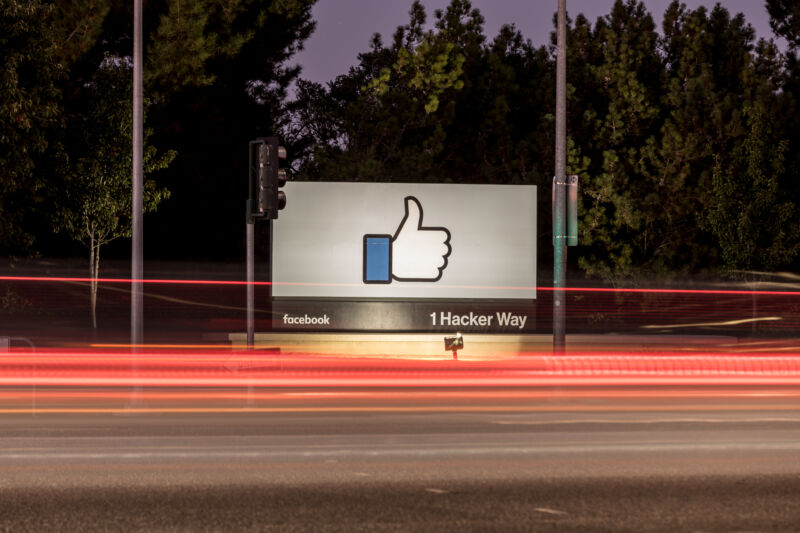
Facebook has apparently emerged victorious from its standoff with the entire nation of Australia, as lawmakers in that country have agreed to amend a proposed law that would have required Facebook to pay publishers for news content linked on its platform.
The social networking giant last week banned all news posts both in and from Australia to protest a bill under discussion in Parliament. Users inside Australia became unable to share news links of any kind from any source, and users outside Australia became unable to share links from Australian media. Facebook at the time argued that the proposed law “fundamentally misunderstands the relationship between our platform and publishers who use it to share news content.”
Facebook’s ban turned out to be an extremely blunt instrument, blocking sharing not only of news inside Australia but also of public communications from the government, pages for nonprofit organizations and charities, and other Australian organizations that tried to share links to off-Facebook sites. Australian Prime Minister Scott Morrison blasted Facebook over the ban, saying last week, “We will not be intimidated by BigTech seeking to pressure our Parliament as it votes on our important News Media Bargaining Code.”
The government, however, appears to have blinked first, and the Morrison administration is now offering several amendments to the bill, Treasurer Josh Frydenberg said this week.
What’s changing?
As originally drafted, the bill would require “digital platform corporations” to negotiate in good faith with news outlets (“registered news business corporations”) to link to their content. If the outlets and the platforms can’t reach a deal on their own, they would immediately have to take the dispute into baseball-style arbitration, where a neutral third-party arbitrator looks at both offers on the table and decides which is the better one.
The definition of “digital platform corporations” in the bill is crafted such that it would at first apply to only two companies—Google and Facebook, both of which vehemently oppose the proposed law. The new amendments tweak some provisions of the bills to give platforms a little more breathing room—and basically give both firms a way to buy their way out of the regulation.
Google in January also threatened to leave Australia entirely over the bill, but this month it began reaching deals with Australian media instead. The amended bill would explicitly take those kinds of deals into consideration: “A decision to designate a platform under the Code must take into account whether a digital platform has made a significant contribution to the sustainability of the Australian news industry through reaching commercial agreements with news media businesses.”
Facebook has already reached one such deal with Australian news firm Seven West Media, the companies said Tuesday.
The amendments would also extend the notice period from the government to a corporation before it becomes designated under the law and would create a mediation/negotiation window for publishers and platforms to hash out their own payment schemes before going to arbitration.
The amendments “add further impetus for parties to engage in commercial negotiations outside the Code—a central feature of the framework that the Government is putting in place to foster more sustainable public interest journalism in Australia,” Frydenberg said.
Full Facebook service is not yet restored in Australia as of publication time but will be “in the coming days,” company executive Campbell Brown said. “It’s always been our intention to support journalism in Australia and around the world,” Brown added. “We’ll continue to invest in news globally and resist efforts by media conglomerates to advance regulatory frameworks that do not take account of the true value exchange between publishers and platforms like Facebook.”
https://arstechnica.com/?p=1744438

